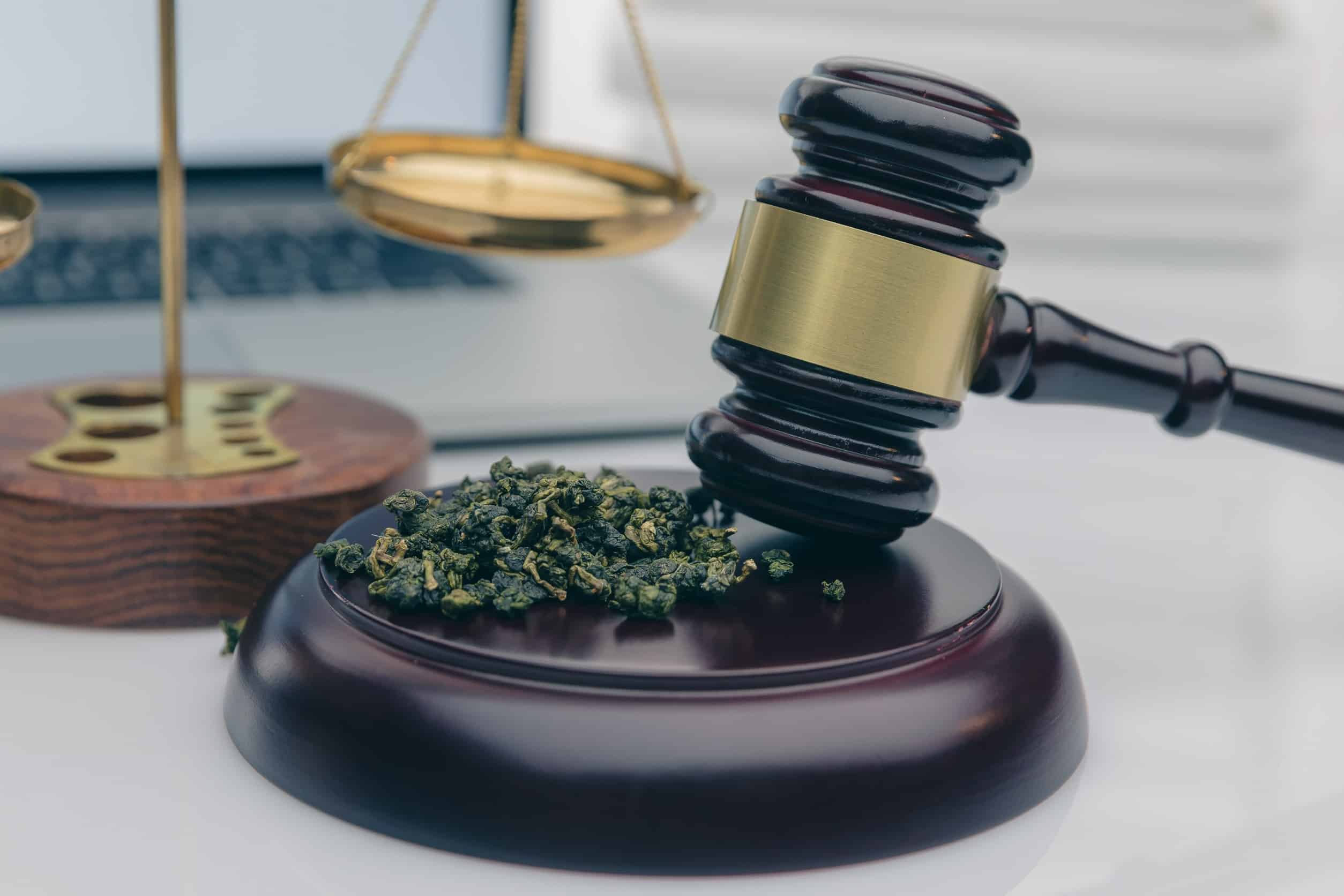The issue of marijuana legalization has been a topic of debate for decades, with many states opting to either decriminalize or fully legalize marijuana. As an attorney in North Carolina, I often receive questions from clients about the difference between decriminalization and legalization. In this post, I will explain the key differences between these two approaches and how they apply to North Carolina.
Decriminalization
Reducing or eliminating criminal penalties for possessing small amounts of marijuana is decriminalized. This means that while possession of marijuana may still be illegal, it is no longer considered a criminal offense. Instead, it gets typically treated as a civil offense, much like a traffic violation.
In North Carolina, possessing less than a half ounce of marijuana is classified as a misdemeanor. This crime is punishable by up to 45 days in jail and a fine of up to $200. If decriminalized, possession of small amounts of marijuana would result in a civil fine rather than criminal charges.
While decriminalization gets seen as a step in the right direction toward marijuana reform, it is essential to note that it does not make marijuana legal. It simply reduces the severity of penalties for possession of small amounts.
Legalization
On the other hand, legalization refers to the complete removal of criminal penalties for possessing, using, and selling marijuana. This means that possession and use of marijuana would no longer be a crime, and individuals could purchase and use marijuana legally.
In states that have fully legalized marijuana, such as Colorado and California, individuals can purchase and possess up to a certain amount of marijuana without fear of arrest or prosecution.
In North Carolina, however, marijuana remains illegal for medical and recreational use. Possession, sale, and distribution of marijuana are all considered criminal offenses and can result in significant penalties, including fines and jail time.
Pros and Cons of Decriminalization vs. Legalization
Decriminalization and legalization have pros and cons.
Decriminalization is often seen as a more moderate approach to marijuana reform, as it reduces the severity of penalties for possession without completely legalizing the drug. This will also decrease arrests and incarceration rates for low-level drug offenses while maintaining some control over marijuana use.
Conversely, legalization can significantly impact the economy by creating a new industry for producing and selling marijuana. It also reduces the burden on law enforcement and the criminal justice system by freeing up resources to enforce marijuana laws.
However, there are also concerns that legalization could increase drug use, especially among young people. There are also potential health risks associated with marijuana use, such as respiratory issues and cognitive impairment.
While the issue of marijuana reform remains contentious in North Carolina and across the country, it is important to understand the critical differences between decriminalization and legalization. Decriminalization reduces the severity of penalties for possession, while legalization completely removes criminal penalties and allows for the legal production and sale of marijuana.
As an attorney in North Carolina, I believe it is essential to stay informed about any changes to marijuana laws and how they may impact our clients. If you have questions about marijuana laws in North Carolina or need legal representation for a drug-related offense, please don’t hesitate to contact our firm for help.









